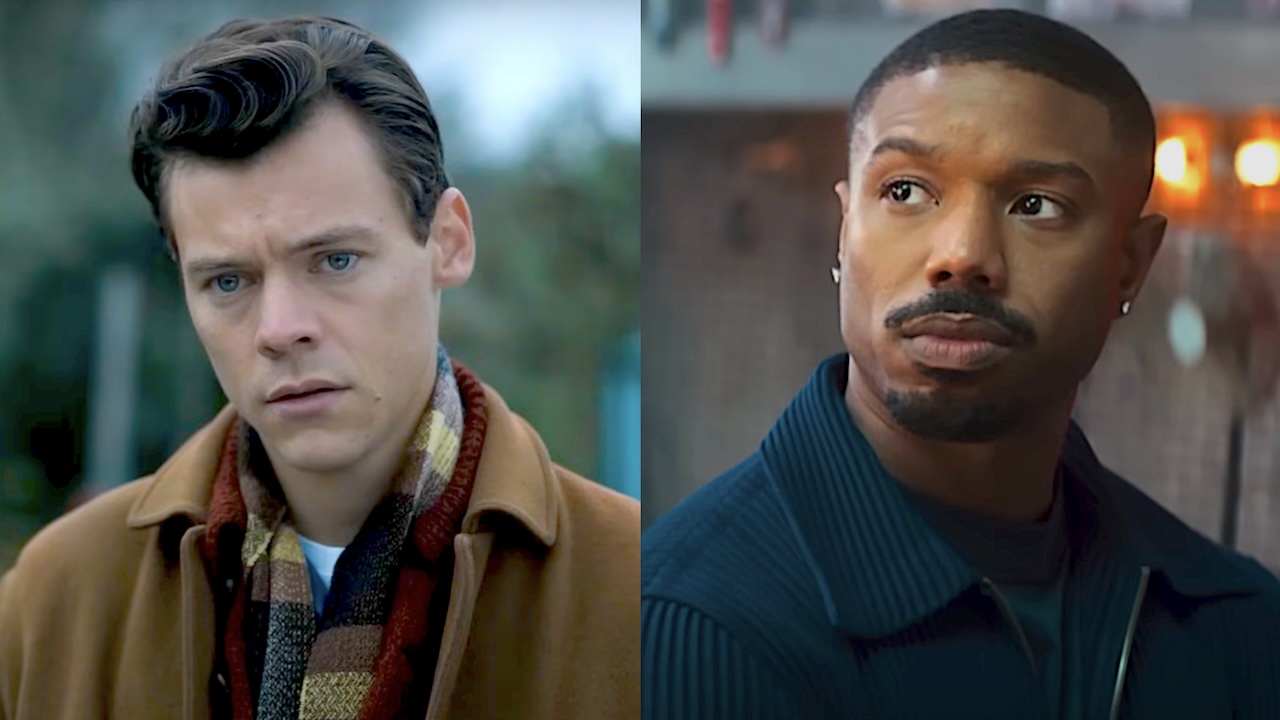50/50 isn't just a phenomenal movie, but one that speaks to the truth of the human condition. Though at the beginning of the film our hero Adam is diagnosed with rare form of cancer and given a fifty percent survival rate, the film is not about disease or death, but rather life and the people that we surround ourselves with, people depicted here as nuanced and distinct individuals. All of the characters – including Adam - possess both light and dark sides that come out not as a means to push the plot forward, but naturally as they would in real life. Seth Rogen, as Adam’s best friend, Kyle, provides levity in some of the darker moments. As a stoner who shares his medical marijuana prescription with a friend and takes him out to hit on women, he sometimes lightens the tension and helps Adam cope with disease, but he can also be an uncaring, selfish asshole, such as when he ends up on Adam’s couch naked with a girl that he met the night before.
Distinct, well-drawn characters like that help 50/50 expertly straddle the line between comedy and drama. There are scenes designed to make you laugh and others that bring tears– such as when Adam and Kyle destroy a painting in the backyard or when Adam learns about the death of another patient – but it’s when the funny and the serious meet that the film demonstrates its brilliance. When Adam invites his parents over for dinner and tells them about his condition, his mother (played by Anjelica Huston) almost immediately informs him that she’s moving in. We laugh because we understand that no 27 year old on the planet wants his mother moving in with him, but looking at the situation from the other side, she’s in shock and wants be there for her son at a moment’s notice. Because of scenes like this, nothing about the film feels either melodramatic or cheap. Every moment is set firmly in reality.
Gordon-Levitt once against provides evidence that he's one of the best young actors working today, nailing every layer of a character as complex as Adam. In addition to having great chemistry with the other characters that allows for some great laughs, his more emotional, dramatic scenes are raw and genuine. Rogen, who returns to being a supporting player after a string of starring roles, is largely used for comic relief, but Kyle is a great counter-balance to the more straight-laced Adam and proves that he can handle more the serious material as well. While both Anna Kendrick, who plays Adam’s therapist, and Bryce Dallas Howard, who plays Adam’s girlfriend, are both remarkable in crucial supporting roles, it’s actually Huston who steals every scene she’s in. As much as her role rests in the dramatic side of the story – taking care of both her husband with Alzheimer's and her sick son – she has some of the film’s funniest lines. 50/50 has not only strong characters, but strong connections between the characters that builds a perfect ensemble cast. There isn’t a weak link in the chain.
Will Reiser wrote the screenplay after his own cancer diagnosis, which lends the film its realism-- Rogen, who has been friends with the writer for years, is literally playing the role of himself. To Reiser's credit the film never feels as though it's heightening the ordeal or making it more dramatic, and Levine does well by the nearly invisible dramatic structure, maintaining heavy emotions without ever getting manipulative, and while it’s a bit vulgar, all of the humor is organic.
50/50 is an examination of what happens when life is rocked by a cataclysmic event, adhering to the reality of the situation in a way that keeps it from fitting smoothly into any specific genre. It’s a heavy drama that will make you laugh and a comedy that will make you cry, as all of the emotions stick with you even months after you’ve seen the film. With a flawless cast, perfect script and impeccable direction, the movie is an answer to the question, “How do you make a real film about a lead character with cancer?” The result is one of the best movies of the year.

Eric Eisenberg is the Assistant Managing Editor at CinemaBlend. After graduating Boston University and earning a bachelor’s degree in journalism, he took a part-time job as a staff writer for CinemaBlend, and after six months was offered the opportunity to move to Los Angeles and take on a newly created West Coast Editor position. Over a decade later, he's continuing to advance his interests and expertise. In addition to conducting filmmaker interviews and contributing to the news and feature content of the site, Eric also oversees the Movie Reviews section, writes the the weekend box office report (published Sundays), and is the site's resident Stephen King expert. He has two King-related columns.











